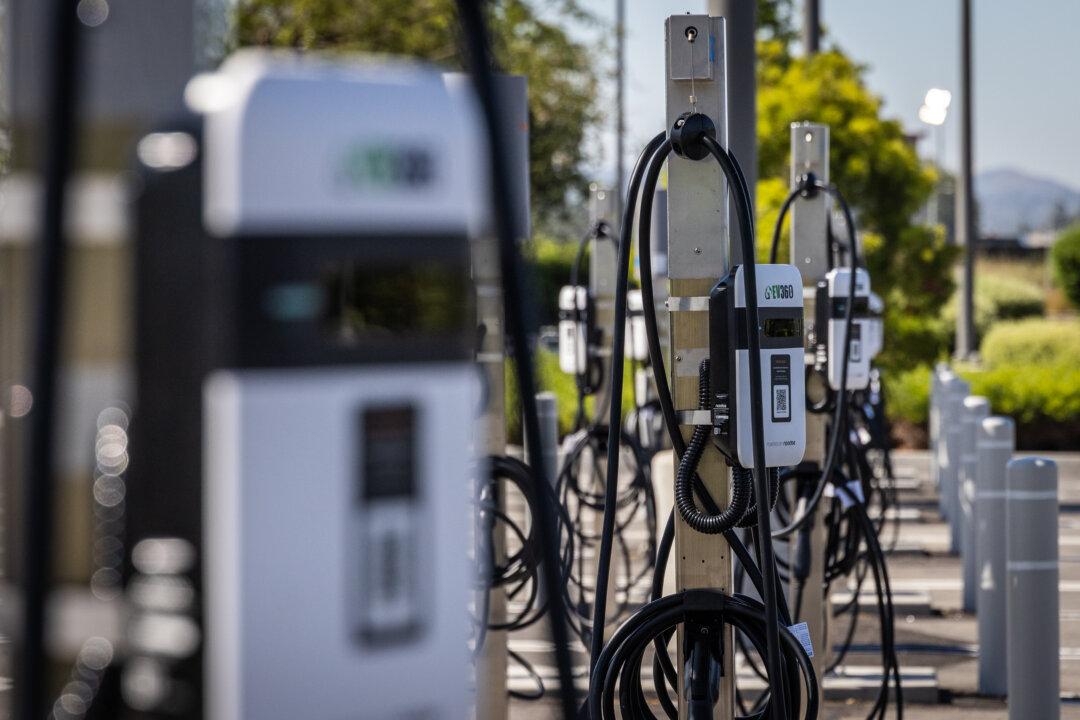Commentary
A friend got a rental of a Tesla over the holidays. It’s undoubtedly the industry standard for EVs and a complete blast to drive. The problem: It’s not a practical car at all. He was driving in the cold, and the car was nearly drained after two hours. Searching for a charge was no easy task. The first one didn’t work. The second one stated that it would be charged in 10 hours, which he didn’t have. The third one charged in one hour but that was a full hour wasted.





